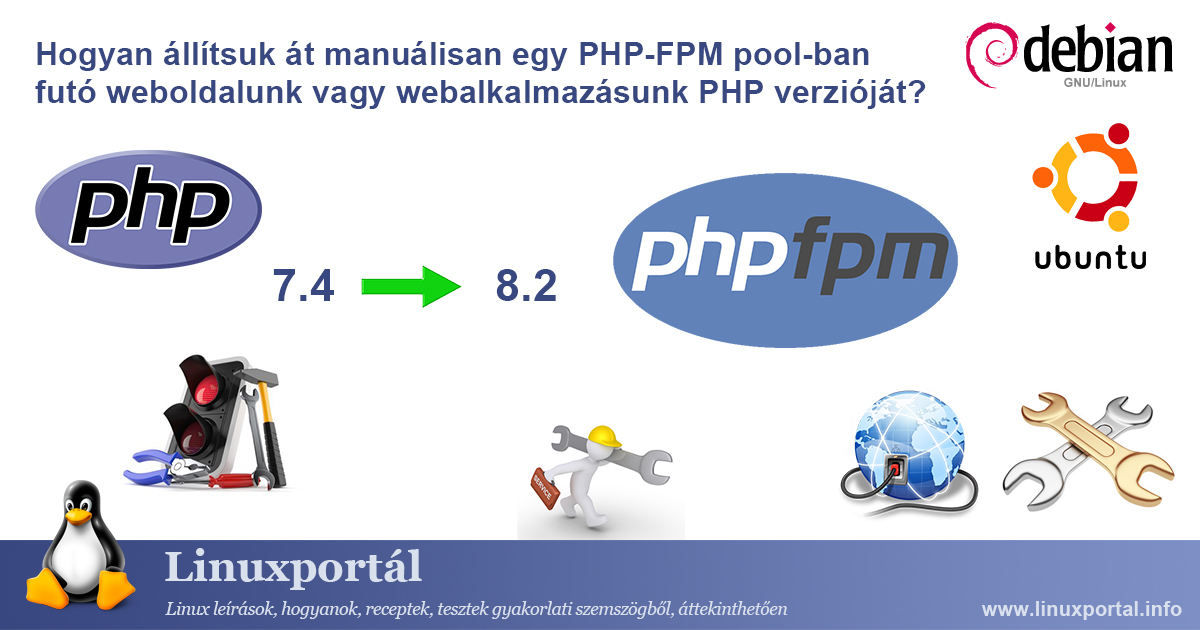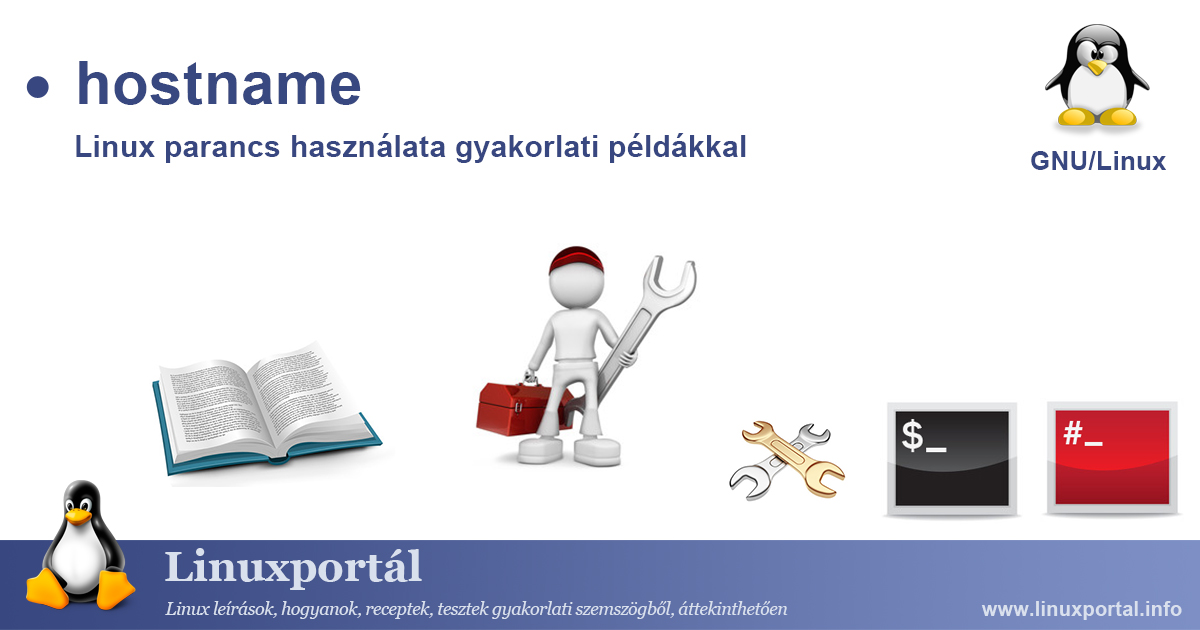LTSP (Linux Terminal Server Project)
LTSP (Linux Terminal Server Project) is an innovative solution that allows several thin clients to run Linux-based applications using the resources of a central server. The LTSP initiative started in the late 90s and has continued to evolve ever since to meet the challenges of the modern technological and educational environment. The basic idea of this project is simple but revolutionary: to reduce hardware requirements and maintenance costs while increasing the flexibility and scalability of the IT infrastructure.






